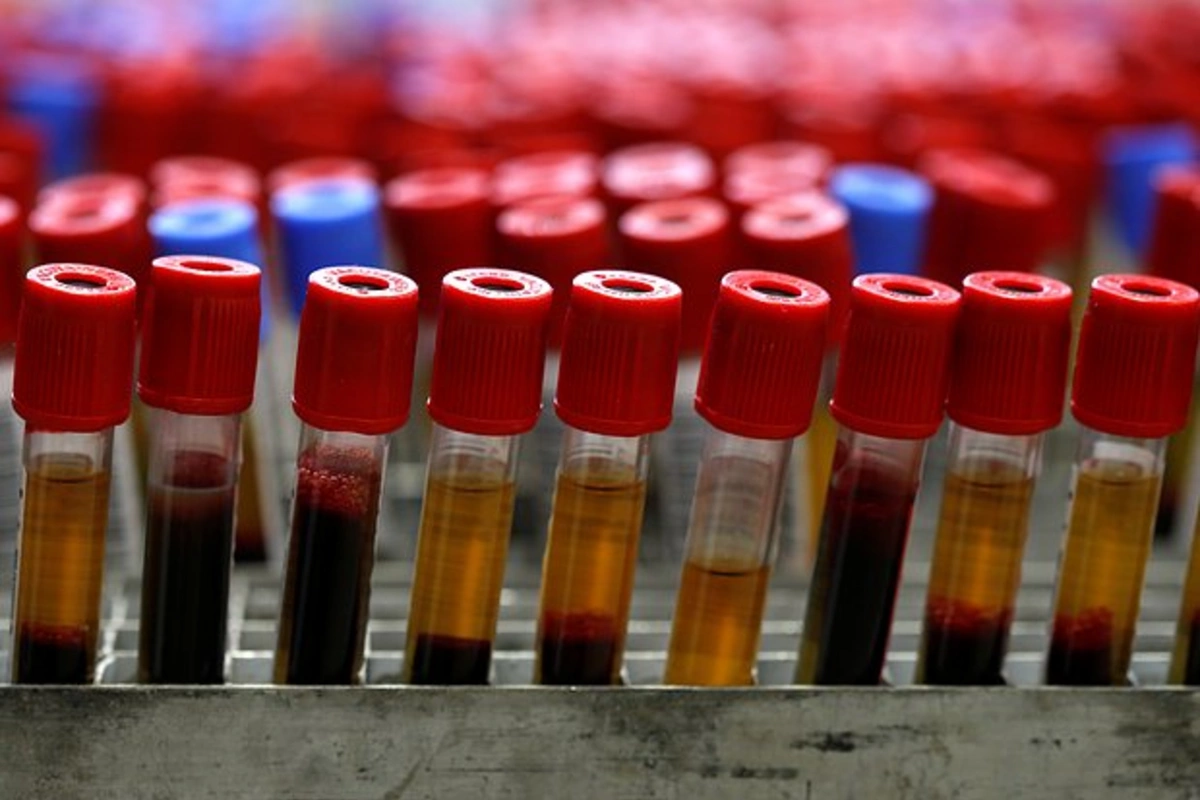A method found to accurately predict the risk of early death

Scientists from the University of Surrey have discovered that elevated concentrations of five specific proteins in the blood may indicate a hidden risk of premature death.
As reported by BAKU.WS, the results of their work were published in the journal PLOS One.
Analysis of data from more than 38 thousand UK Biobank participants showed that five protein molecules - PLAUR, SERPINA3, CRIM1, DDR1, and LTBP2 - consistently predict the probability of death in the next five and ten years.
Additionally, the researchers identified hundreds of other proteins associated with an increased risk of mortality, even accounting for factors such as smoking, age, and chronic diseases. Most frequently, proteins involved in the regulation of inflammation, cell growth, and intercellular communication were linked to increased risk. For example, high levels of SERPINA1, which is responsible for controlling inflammatory processes in the lungs, turned out to be one of the most accurate indicators of five-year risk.
The authors note that such information makes it possible to create a "protein risk profile," which will allow doctors to identify people with a high probability of developing serious diseases in advance. This will create conditions for timely interventions and help reduce the burden on the healthcare system by preventing costly complications.
Similar News
# Three Main Causes of All Cancer Cases Identified
Almost four out of ten cases of cancer on the planet are not a verdict of fate or a genetic lottery, but the result of exposure to factors that humanity has the...



 Azərbaycanca
Azərbaycanca  По-русски
По-русски  English
English 







